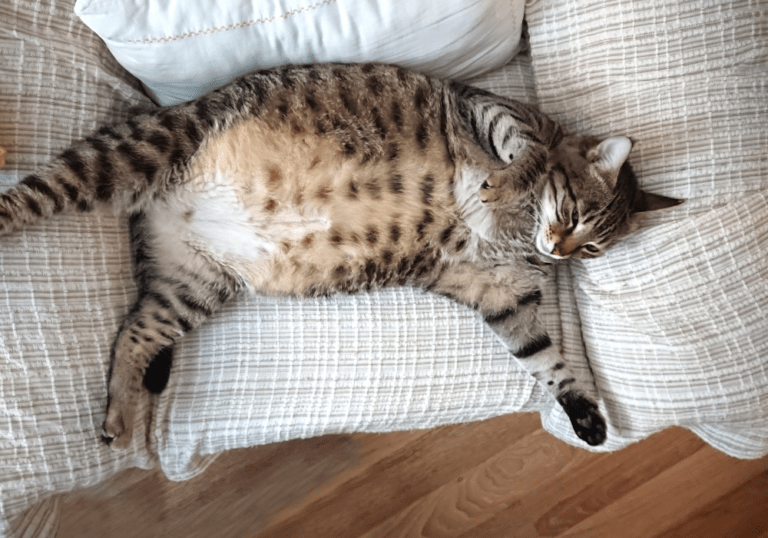Understanding Obesity in Pets: A Comprehensive Guide for Pet Owners

Obesity is not just a human concern; it is a pressing health issue for our beloved dogs and cats as well. This chronic condition has been recognized as a significant epidemic in many countries, affecting millions of pets. As responsible pet owners, it’s crucial to understand the causes, consequences, and solutions related to obesity in pets, particularly if you have a “fat cat” or an overweight dog.
The Causes of Obesity in Pets
The two primary culprits behind pet obesity are excessive food intake and insufficient exercise. However, several other factors can contribute to your pet’s weight gain:
- Overfeeding: Many pet owners unknowingly provide too much food or high-calorie treats, which can lead to weight gain.
- Lack of Exercise: A sedentary lifestyle is common among pets, especially if they are primarily indoor animals. Regular physical activity is essential for maintaining a healthy weight.
- Hormonal Influences: Conditions such as hypothyroidism can slow down metabolism, leading to weight gain.
- Genetic Factors: Some breeds are more prone to obesity due to their genetic makeup.
- Other Diseases: Conditions such as Cushing’s disease can also lead to weight gain in pets.
The Risks Associated with Obesity
If your pet is carrying extra weight, the health risks can be significant:
- Heart Disease: Excess weight forces the heart to work harder, increasing the risk of cardiovascular issues.
- Arthritis: Additional weight puts stress on joints, leading to pain and mobility issues.
- Breathing Problems: Obesity can lead to respiratory difficulties, making it harder for your pet to breathe comfortably.
- Skin and Coat Issues: Overweight pets may suffer from skin infections and poor coat quality.
- Diabetes: Particularly in cats, obesity is a leading factor in the development of diabetes.
All these health problems can make your pet uncomfortable, limiting their ability to interact with you and your family.
How to Manage and Treat Obesity in Pets
If you suspect your pet is overweight, it’s essential to consult our doctors at Willow Glen Pet Hospital. They can rule out any underlying medical conditions and provide tailored advice for your pet’s weight loss journey.
Steps to Help Your Pet Lose Weight:
- Medical Evaluation: Before starting any weight loss program, ensure your pet is healthy enough for weight loss by consulting our doctors.
- Caloric Reduction: Reducing your pet’s caloric intake is vital. This could mean switching to a weight management diet or controlling portion sizes.
- Increase Exercise: Regular physical activity is crucial. Aim for daily walks, playtime, and interactive games to encourage movement.
- Lifestyle Changes: Incorporate routine and structure into your pet’s feeding and exercise habits for optimal results.
- Weight Loss Programs: Your veterinarian can help design a specific weight loss program tailored to your pet’s unique needs.
- Medication: In some cases, medications like Slentrol may be prescribed for dogs that struggle to lose weight through diet and exercise alone.
Conclusion
Obesity in pets is a serious issue that requires immediate attention. By understanding the causes, risks, and management strategies, you can help your furry friend achieve a healthier weight and improve their overall quality of life. If you have any concerns or need assistance with your pet’s weight management plan, consult our doctors at Willow Glen Pet Hospital.
If you need more help or have any questions, call us at Willow Glen Pet Hospital, (669) 342-7472, 1033 Willow Street, San Jose, CA, 95125, US.
Hours: Monday – Saturday 8:00 am – 6:00 pm Dr. Gillon or Dr. Shani, or visit us online.
